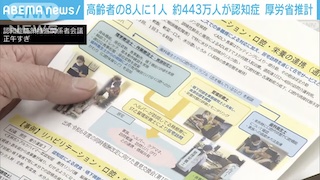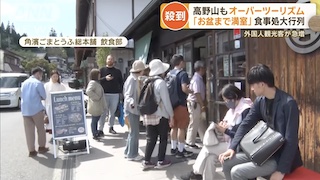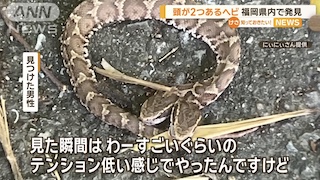Nov 12 (Kyodo) - Her career in the pool long behind her, retired swimmer Hanae Ito is looking to nurture future generations of female athletes in Japan by ensuring they know what she did not.
Eight years since her retirement, the 35-year-old has "come out" with her very personal story about menstruation, the most human of processes that is still treated as "secret women's business," in hope that she can inspire women to feel comfortable in their body.
Retired Olympic swimmer Hanae Ito talks about the impact menstruation can have on sportswomen's performance in an interview in Tokyo on Oct. 29, 2020. (Kyodo)
"Why can't we talk about periods? The more athletes like me that talk about it, the more dialogue in sports will change," Ito told Kyodo News in a recent interview.
"As an Olympic athlete, I made so many sacrifices. I didn't hang out with friends on campus. I didn't go drinking. I didn't party. But rather than thinking about missed experiences and lost youth, I want to find a new purpose, something to give my life meaning," she said.
Ito first addressed the topic in 2017, writing a column in an online sports magazine revealing that she had her period during the Beijing Olympics in 2008 where she finished eighth in the 100-meter backstroke final and made a semifinal exit in the 200 backstroke.
"I'm not going to say I would've won a gold medal (in Beijing) if I knew then that there were options to deal with period-related weight gain, acne and other issues I was having, but I definitely think I would've performed better," Ito said.
She became more confident speaking openly in public about her experiences with menstrual bleeding when she saw that Chinese swimmer Fu Yuanhui made headlines for telling the world at the Rio de Janeiro Olympics that she was suffering from period pain.
Feeling liberated to speak her mind, she wants girls to have access to information she had to learn through experience.
"When I was in my teens, a fellow swimmer from Germany told me she was taking birth control pills. She was shocked that I didn't know what that was, and I was shocked that no one told me (about that option)."
A woman speaking about navigating the world of sport and periods is a rarity in Japan, a country in which there are many less intensely private topics -- like age, income, marriage and your children's academic achievements -- that are still taboo.








